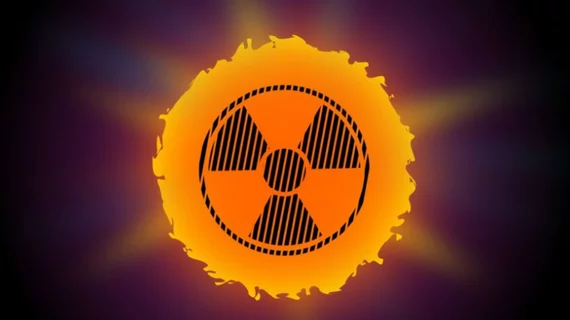Isotope update: Target date for resuming production of Mo-99 still unclear
There is still no target date for resuming medical isotope production overseas, according to the Nuclear Medicine Europe Emergency Response Team’s most recent update.
The high-flux reactor in Petten, Netherlands has been out of commission since late January 2022 when a water leak was discovered in the reactor-beam cooling system. Since then, the source of the leak has been identified and a plan of action for the repair has been selected. However, a restart date cannot yet be determined due to factors involving equipment, project execution and required nuclear regulatory reviews, according to a statement released by the Emergency Response Team (ERT) on Monday.
On Feb. 3, the ERT disclosed that temporary shortages of Mo-99, Lu-177, Tc-99m and I-131 would be inevitable. However, their most recent update indicates that the BR2 reactor is set to resume normal operations on Saturday, Feb. 12, which would help to resolve some shortages.
“The supply situation for Tc-99m for medical imaging as well as Lu-177 and I-131 for therapy is expected to return to normal by the end of next week,” the statement said.
Although it appears as though Mo-99 production continues to be delayed, Poland’s research reactor, Maria, has stepped in to support the supply chain by manufacturing the isotope in the interim.
The ERT again suggested that medical institutions should reach out to their radioisotope suppliers for details on how the continued high-flux reactor outage will affect their orders.
The next update on the situation is expected to be released on Monday, Feb. 14.
You can read the full ERT statement here.
Related Radiotracer Isotope Shortage News:
Netherlands nuclear reactor has resumed operations after unplanned outage
Medical isotope shortage looms as 'unplanned' outage halts Mo-99, Lu-177 production
University's research reactor increases medical isotope production in wake of supply disruption
Texas A&M University to lead isotope R&D trainee program with $2 million grant
University's research reactor increases medical isotope production in wake of supply disruption
One chemistry professor's role in increasing radioisotope production in the U.S.
NorthStar breaks ground on isotope facility, moves toward doubling domestic Mo-99 supply
Wisconsin company to begin producing medical isotopes next year
Isotope shortage update: Target restart date for downed reactor has been set
Medical isotope update: Shortage expected to last weeks as nuclear reactor remains sidelined
Nuclear reactor in Poland steps up to address Mo-99 shortage
Medical imaging isotope producer Shine finalizes merger with fusion technology specialist
SHINE gains exclusive license for Lu-177 radioisotope production

